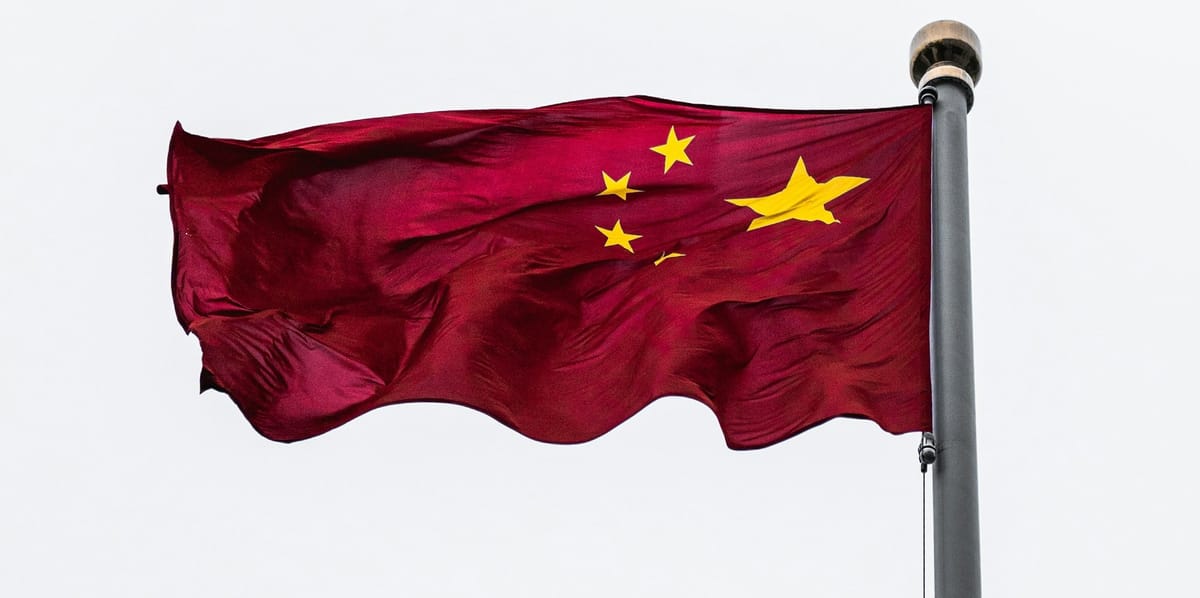When China's market regulator announced an antitrust probe into Nvidia’s $7 billion acquisition of Mellanox Technologies in December, it wasn't simply about competition law—like the plot of the greatest 'airport page turner' in history, it was a continuation of power, retaliation, and the strategic positioning of AI capabilities on the global stage.
Despite the acquisition being completed pre-pandemic in 2019 and initially approved by Chinese authorities in 2020, China alleges that Nvidia may have violated commitments made during that approval process. As many analysts have described it, this technological cold war continues to intensify with implications for innovation, competition, and international cooperation.
The timing of China's investigation speaks volumes. It comes just days after the Biden administration expanded chip export controls, targeting China, with restrictions on "24 types of semiconductor manufacturing equipment" and controls on three kinds of software tools for developing or producing semiconductors. The probe comes off the back of the US Department of Commerce’s addition of 140 Chinese entities to the Entity List, blocking access to key US AI building blocks.
For Nvidia, the stakes are high. China (including Hong Kong) represents the company's third-largest market, accounting for approximately $10.3 billion in revenue for the fiscal year ending January 2024—roughly 17% of Nvidia's total revenue. Financial analysts estimate potential fines could reach up to $1 billion, approximately 10% of the company's sales in China for the 2024 fiscal year.
Nvidia allegedly violated commitments, including sharing information about new products with competitors within 90 days of release and allowing Chinese chipmakers to test their products for compatibility with Mellanox's technology. These protective requirements were to ensure a playing field where Chinese companies can flourish.
"The proposed legislation, unveiled by a bipartisan group of lawmakers on May 8, 2024, seeks to impose export controls on AI models and restrict developers from collaborating with foreign parties on AI systems that could threaten US national security. The bill also aims to grant the Commerce Department explicit authority to control AI systems and remove barriers to regulating the export of open-source AI."
Everyone, regardless of political affiliation, gets hawkish in an election year. The recent revocation of licences allowing the likes of Intel and Qualcomm to ship chips to Chinese telecom giant Huawei demonstrates that American water is flowing.
China's weaponisation of antitrust policy is a retaliatory tool in this new cold war. This isn't the first example of such regulatory retaliation. Previously, China banned certain Micron products following a "cybersecurity probe"—another instance of regulatory action deployed to serve broader strategic objectives.
Nvidia is the MVP of the US AI Industrial Complex. The growth that the company has delivered for shareholders over the last 12 months must be beyond their wildest fantasies. To continue the sporting analogy, targeting the MVP may be the best route to victory for the opposition. With Trump 2: Judgment Day on the horizon, the future for US-China relations may be no better than under Biden.
For companies like Nvidia, balancing business interests with political realities will require sophisticated strategic planning alongside accepting the words of the Serenity Prayer, "God, grant me the serenity to accept the things I cannot change, courage to change the things I can, and wisdom to know the difference." Although perhaps without the religious overtures.
The growing weaponisation of regulatory frameworks for strategic purposes has become evident through both US export controls and China's targeted investigations. Innovation and international cooperation will be the first casualties.
China will likely find ways around America's AI containment strategy. Watch for Beijing's rapid development of localised tech supply chains and alternative semiconductor solutions in the coming months. Markets will fluctuate with each plot twist, and that's about the only certainty.

